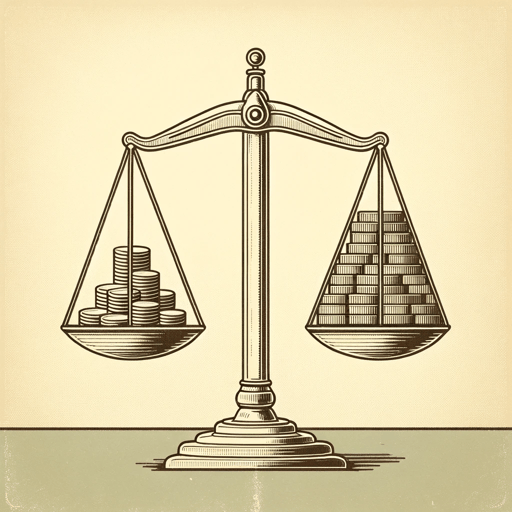41 pages • 1 hour read
Anand GiridharadasWinners Take All: The Elite Charade of Changing the World
Nonfiction | Book | Adult | Published in 2018A modern alternative to SparkNotes and CliffsNotes, SuperSummary offers high-quality Study Guides with detailed chapter summaries and analysis of major themes, characters, and more.
Index of Terms
Elite
Giridharadas uses the term “elite” in two ways within Winners Take All. First, “elite” points to the top economic strata of humanity, which includes those relatively few individuals who possess most of the wealth and power. Second, “elite” evokes a worldview that has grown because of this concentration of power: the belief of many individuals belonging to or connected to this wealthy, powerful minority that the same institutions and practices that allow their wealth and power to grow exponentially can be used to promote good for non-elites—without endangering elites’ status and control.
Inequality
Inequality is the primary consequence of the enormous gap between wealthy, powerful elites and everyone else. Giridharadas notes that because of factors including but not limited to neoliberalism, free market policies, and political connections, “the fortunes of the world’s billionaires now grow at more than double the pace of everyone else’s, and the top 10 percent of humanity have come to hold 90 percent of the planet’s wealth” (5). The remaining 10% of the world’s wealth is distributed over 90% of the world’s population, meaning that vast differences exist between the fortunes of elites and non-elites. Throughout Winners Take All, Giridharadas suggests some of the consequences of this inequality for non-elites, which include stagnated wages, shrinking possibilities for improving socioeconomic status, increasing difficulty accessing resources, feelings of disenfranchisement and dissatisfaction, and much more.
Featured Collections
Black History Month Reads
View Collection
Books About Leadership
View Collection
Books on Justice & Injustice
View Collection
Business & Economics
View Collection
Challenging Authority
View Collection
Civil Rights & Jim Crow
View Collection
Class
View Collection
Class
View Collection
Community
View Collection
Contemporary Books on Social Justice
View Collection
Diverse Voices (High School)
View Collection
Equality
View Collection
Political Science Texts
View Collection
Politics & Government
View Collection
Popular Book Club Picks
View Collection
Power
View Collection
Sociology
View Collection


